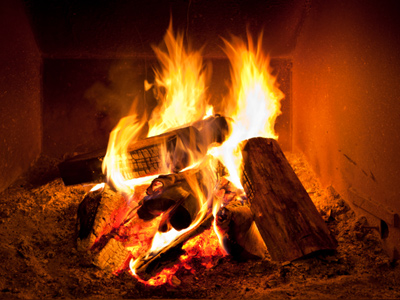
Silas Marner - Themes
This Literature quiz is called 'Silas Marner - Themes' and it has been written by teachers to help you if you are studying the subject at senior high school. Playing educational quizzes is one of the most efficienct ways to learn if you are in the 11th or 12th grade - aged 16 to 18.
It costs only $12.50 per month to play this quiz and over 3,500 others that help you with your school work. You can subscribe on the page at Join Us
This senior high school English Literature quiz challenges you on themes in George Eliot's Silas Marner. Themes in a work of literature can be very obvious or very subtle. Often the various themes intertwine and comment upon one another. Theme is communicated through the concepts and ideas of the text, connecting setting, character, plot and dialog. Pay close attention to the related ideas you detect and try to follow the development of a theme over the course of a text.
Ready for more?
not all...
quizzers. Try to win a coveted spot on our Hall of Fame Page.







